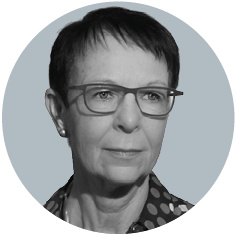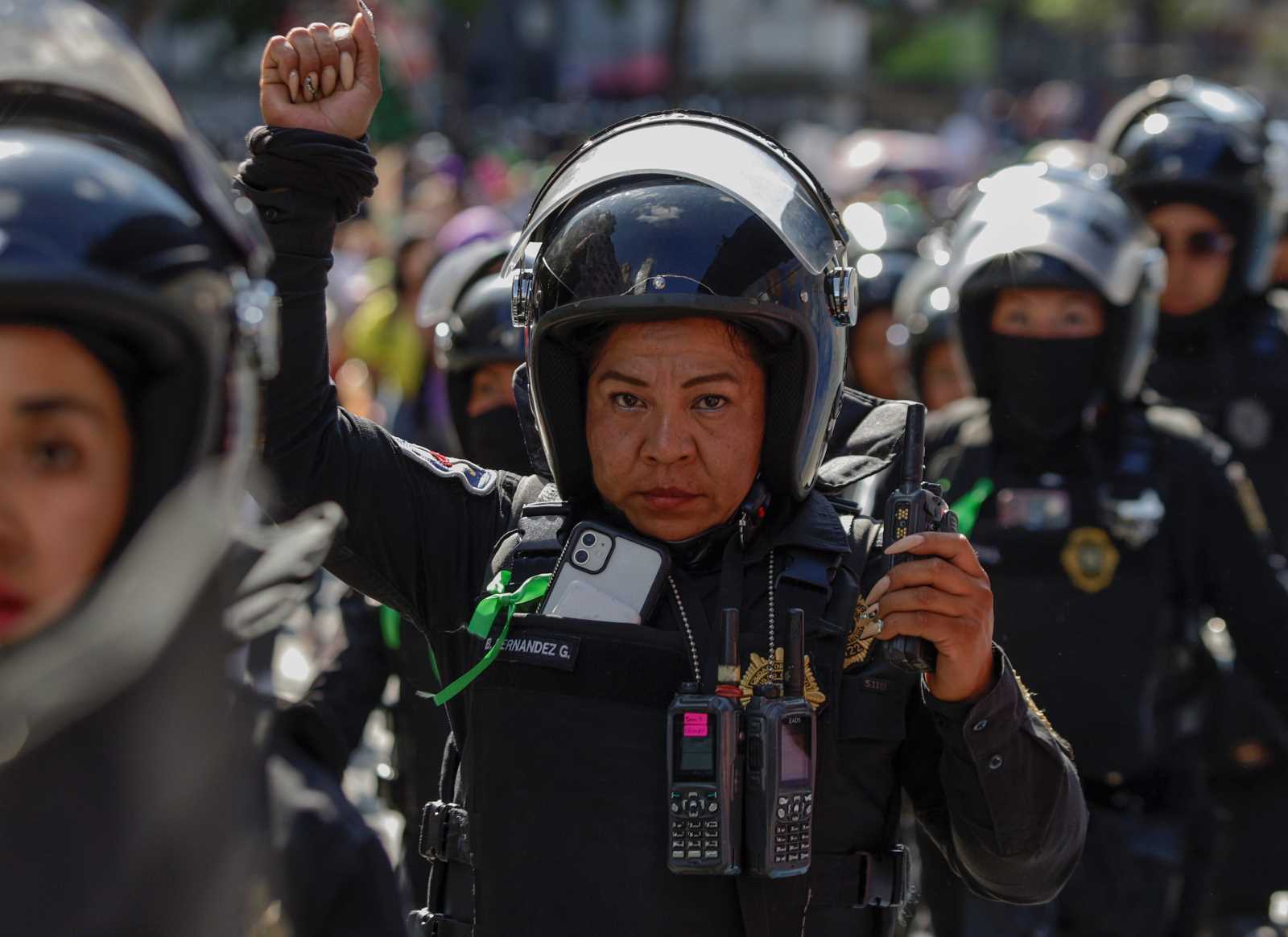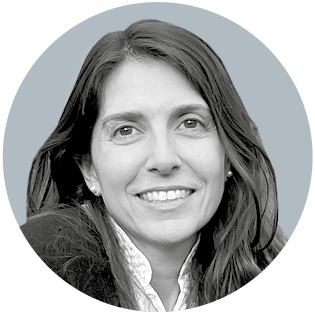Our view
Sustainable development is inherently feminist

Development is a complex, multifaceted phenomenon. Essentially it is about the welfare of all human beings. More than half of them are female. However, compared to men, women are still structurally disadvantaged in many places.
Freedom matters – and it depends on empowerment. Every little girl around the world should have a broad variety of role models, enabling her to dream about her future. Every teenage girl must understand the biology of her body, know her reproductive rights and be empowered to reject abuse. Every young woman must have career opportunities. She must also have the right to decide whether she wants to marry, whom she wants to be with and, in doubt, whether she wants to quit that relationship.
At the same time, women need equal say in public affairs. They must be represented in governments as well as in all relevant authorities and courts. Far too often, they are side-lined in peace talks, and failure is more likely when that happens. While women are very rarely perpetrators of violence, they all too often become victims – and not only in war, but even in the private sphere of their homes. As we elaborated in a previous focus section, female persons are still often disadvantaged in all kinds of education systems.
Family planning is empowerment
The average number of children per woman can tell us a lot about women’s – and their families’ – status regarding income, health and education. All three aspects are of course crucial indicators for a country’s developmental achievement. Where parents worry that their children will not survive because of poverty and health risks, they will have more of them. After all, where governments do not provide social security, they will be the ones who will have to take care of the parents in old age. Using contraceptives, moreover, requires both knowledge and availability, with the latter again reflecting the quality of health infrastructure.
Women, moreover, need a minimum level of formal education to understand how family planning works and to gain the self-confidence to plan their own future. Quite obviously, that is harder to do if they lack employment opportunities. Where women are empowered to take their fate into their own hands, they tend to have fewer babies. This is rather the case in high-income countries, where women are in a better position to plan their lives.
For the reasons listed above, any sensible development strategy must promote women’s rights. Developmental action is therefore inherently feminist. Furthermore, it must be clear that the implementation of feminist development policy is an effort involving society as a whole. Men are especially challenged. Social structures and institutions have always favoured them. Men are the ones responsible for gender inequality, therefore they have a special responsibility to deconstruct it.
For good reason, the UN’s Sustainable Development Goals include gender equality (SDG5). Eventually, the achievement of all other SDGs depends on it.
Katharina Wilhelm Otieno is a member of D+C/E+Z’s editorial team.
euz.editor@dandc.eu















